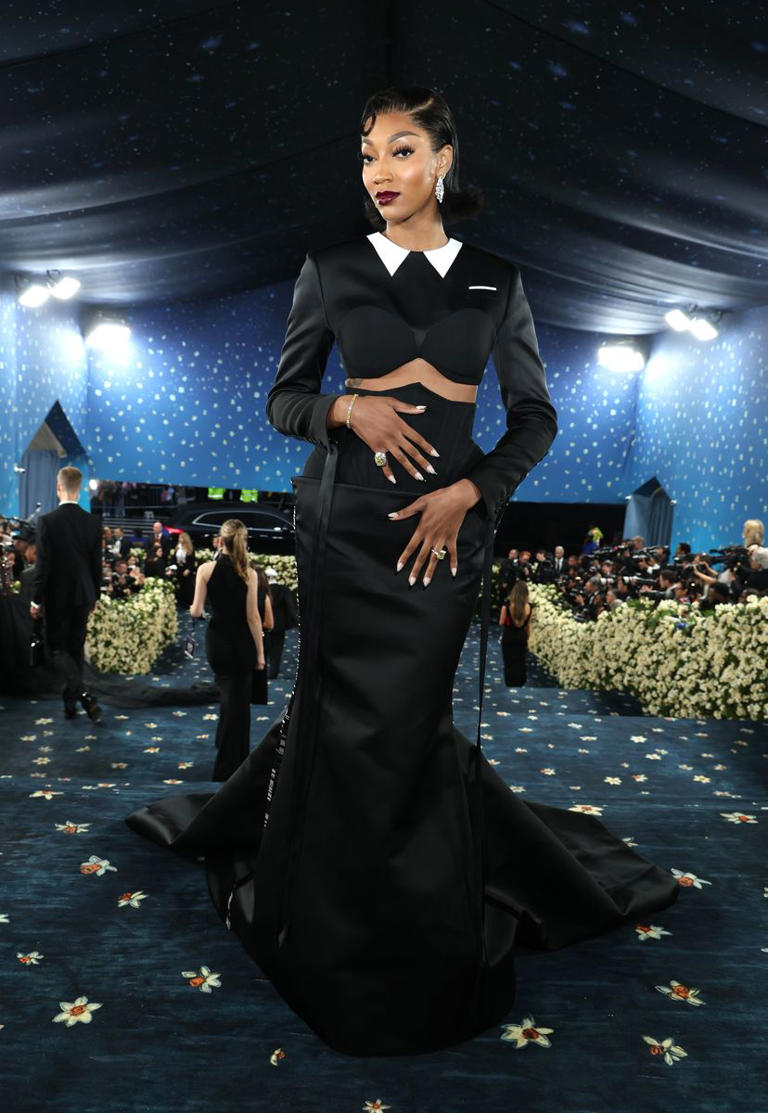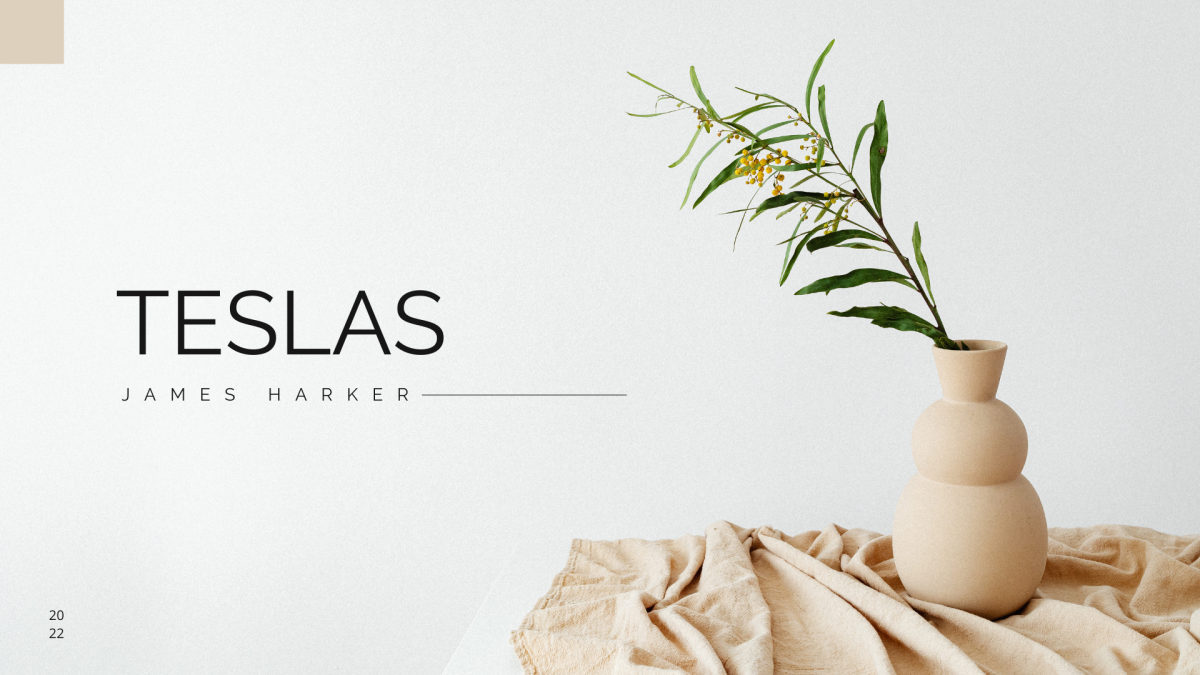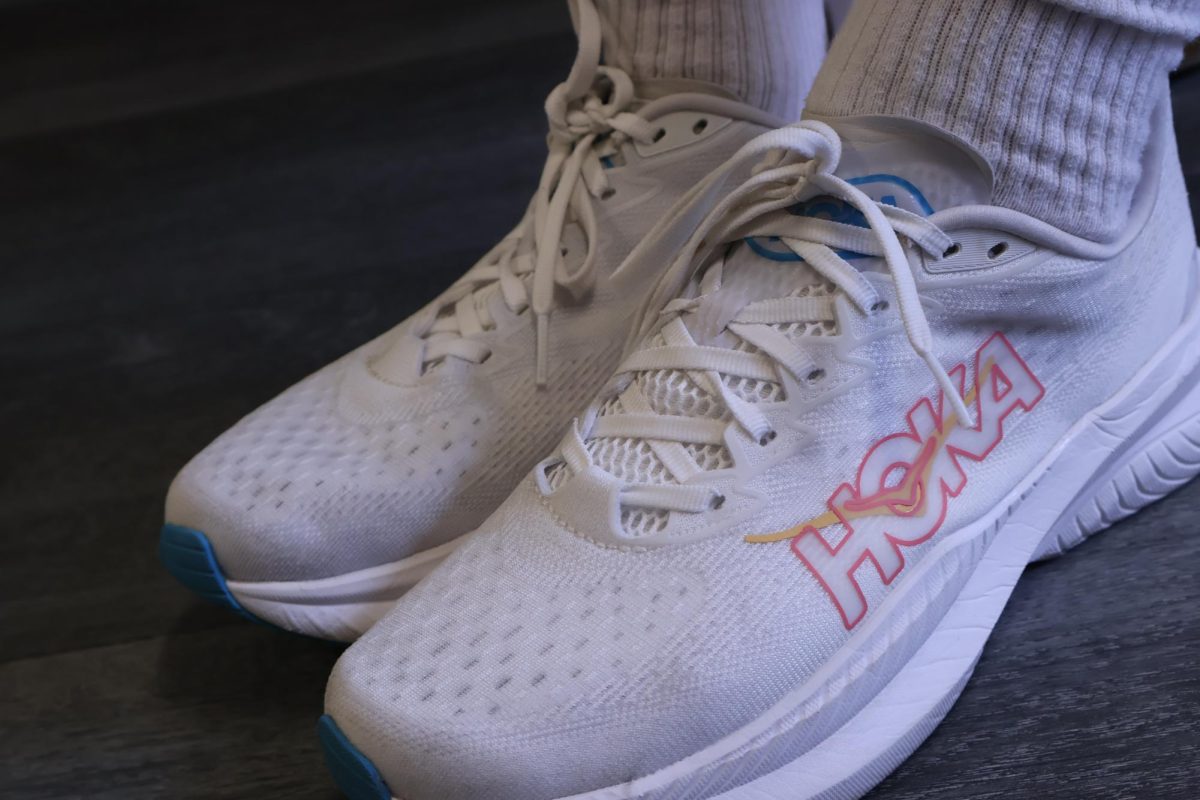The Debate on Cultural Appropriation
From henna to a white girl going to prom wearing a Qipao, or a traditional Chinese dress, to box braids and dreads on non-black people, the two words we always hear are “cultural appropriation.” Some argue that it’s “just” hair or clothes or makeup. Some say that it’s harmful and belittling to people of that culture. But what exactly is cultural appropriation?
The concept of cultural appropriation is still quite recent. As movements and campaigns for equal rights started to emerge, the act of “stealing” from minorities’ cultures became a hot topic up for debate across the globe. The most used argument is about Halloween costumes. Usually racial stereotypes, these costumes are extremely fun for non-POC (people of color) to wear for some reason. We can all agree that white girls being a “Native American princess” isn’t funny or cute in the slightest bit when the headdress, which has so much significance, is made out of cheap felt and ignorance. Especially after their ancestors were the ones that colonized and killed the people they’re poorly imitating. Dreadlocks and box braids have also found themselves in the center of the debate.
Hair is something that all humans have, but hairstyles are reserved for certain groups of them. I personally agree that non-POC should not wear their hair in certain ways. “It’s just hair!” You privileged people might whine. But guess what? The same hair that’s cool and trendy for you got loads of African-American children sent home for “not being in dress code” and caused them to be bullied by their peers. If you’re not going to accept the discrimination along with the hair, just don’t wear it. It’s really not that hard. At least, most of it isn’t.
The definition of cultural appropriation in the 21st century has become so blurred that just about anything could count. Hoops, which are a fairly new accessory in the cultural appropriation scene, have been said to be only for Latinas. In my opinion, earrings are quite a small thing to get mad over. They don’t have a large impact on culture nor are they religious. On the other hand, traditional clothing like the qipao and dashiki, a West African top, have a greater meaning and are a reasonable thing be offended over.
Sadly, cultural appropriation is a big issue in modern times. It’s not quite subjective, but at the same time, it is. If a POC gets offended because you’re wearing something important from their culture, it’s better to not argue back. You don’t really have the right to be wearing something without knowing the significance of it. On the other hand, some just like to be unreasonable. There’s also the topic of cultural appreciation, but we’ll save that for another time.

Lyla Boretz is a 13-year-old student with a passion for music and sports. She's played the violin for 5 years, figure skated for two, and did English riding...




















